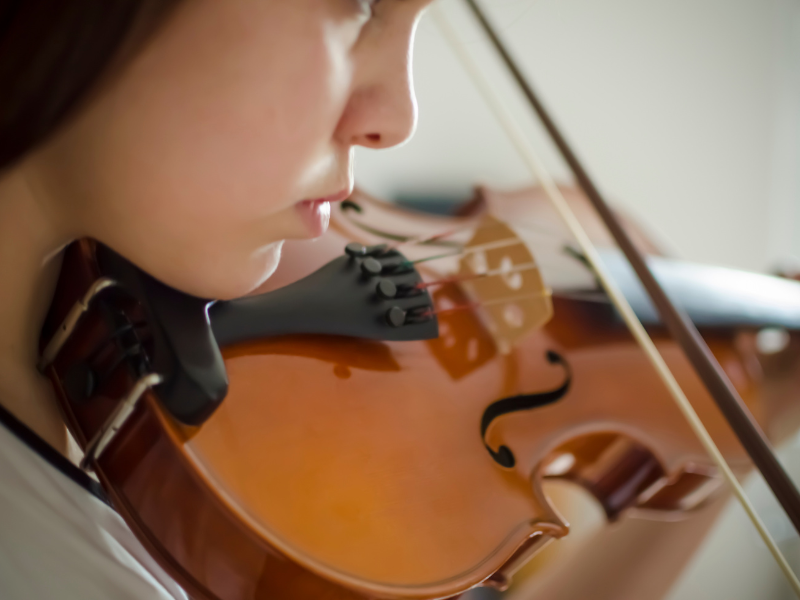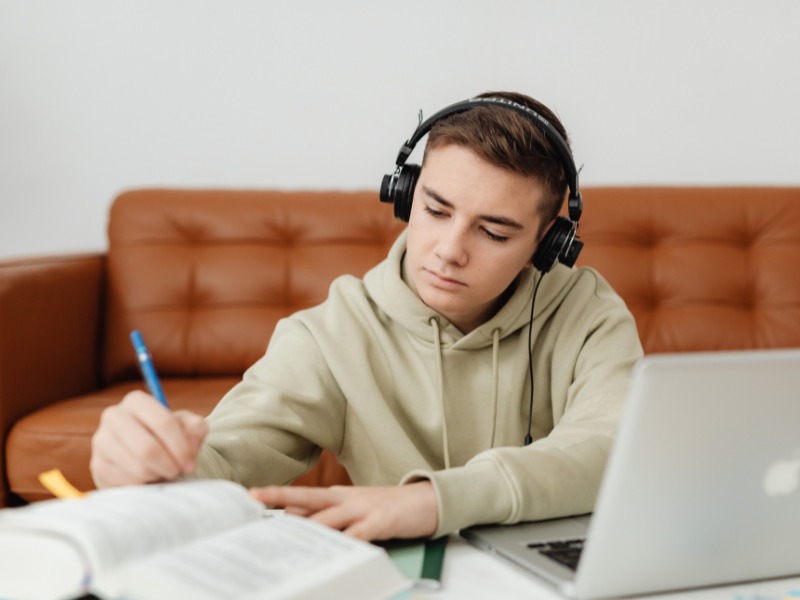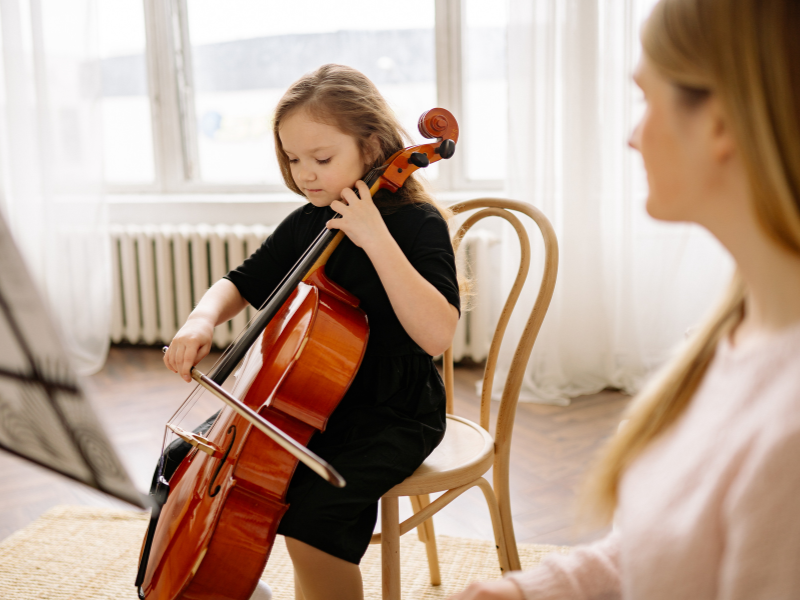
Research Updates

Here at Bigger Better Brains we believe that through educating yourself, you can then educate and affect positive change in your community.
With all of the research in the field of neuromusical science, our BBB Research section serves as a content hub for you. We regularly share findings and break down the latest research to educate and inspire discussion. We hope you enjoy this page on our website and share BBB news with your colleagues, parents and students.
Strings for the win!
This study followed the students for two years and measured how the different types of music learning impacted on several executive function skills.
Musical training linked to improved attention and working memory
“Musical training can improve attention and working memory, which are executive functions that are important for daily life and are correlated with general better outcomes during lifespan.”
A school transformed itself by giving every student a violin
This is where the power of the story is. It is not simply that music learning has transformed a school and its students; it is HOW it has done it.
Could music help improve students’ ability to learn?
As students worldwide are having educational experiences that are a little or a lot different to their “normal”, teachers are looking for ways to maintain students’ engagement in a similar way to when they are attending “normal” school.
Music hits the mark to improve our memory
For almost a decade now we have understood that music listening activates the reward network in the brain.
Music learning enhances executive function in preschoolers
After 12 weeks of 35 minutes of active music learning every day, randomly chosen preschoolers in the experiment group had higher scores on all of these executive function measures.
Make your brain more efficient
How efficiently is your brain working today? Music learning trains the brain to use fewer brain resources when compared with non-musically trained people (and in this case those who are also bilingual).
Get your dopamine flowing with music!
Most people enjoy listening to music, but some people do not. For some, music just does not do much; either emotionally or cognitively. Studies around how people experience music can help us understand the mechanisms behind the enjoyment of music.
How does our brain use rhythm to get back in sync?
It is hard to conceptualise that our brain waves can be in sync or out of sync. Yet this concept of brain wave synchronisation is fascinating to neuroscientists as they are finding that the more consistent the synchronisation, meaning the longer our brain waves can stay in sync, the more effectively we can learn.
Your Brain Will Thank You for Being a Musician!
One of BBB’s favourite researchers, Dr Patricia Izbicki, has done all the hard work for us and summarised the five great reasons why music learning is the childhood experience that just keeps on giving well into our later life.
Music is nature’s own little buzz
Ever wondered what that tingling sensation in your brain or on your scalp is called when you listen to music? We hadn’t wondered, but we feel better now that we know. It’s called the Autonomous Sensory Meridian Response (ASMR). We probably won’t remember that long name or the acronym but “head orgasm” is a term that won’t be forgotten.
Carnatic singing (a form of Indian music) enhances working memory
The location of neuromusical research tends to lend itself to the study of music learning through the Western Art Music genre. This has been useful when it comes to the ability to compare research study findings but not as useful when it comes to our understanding of the impact of non-Western Art Music genre on brain development.





















